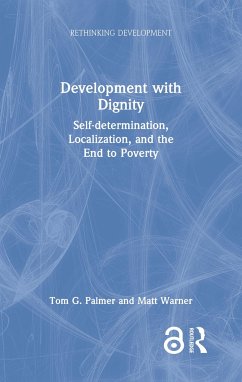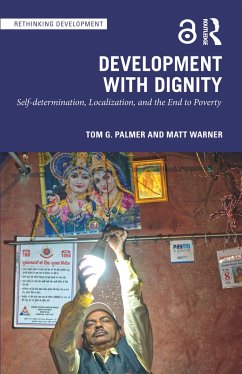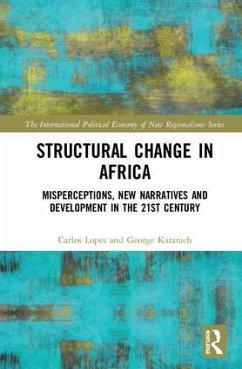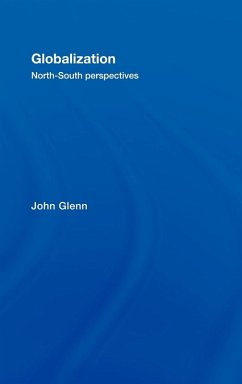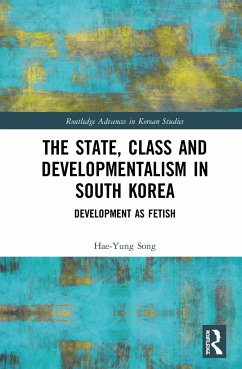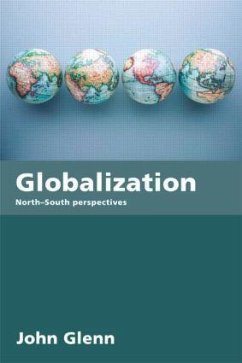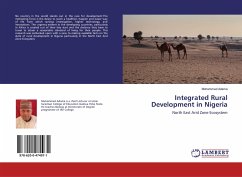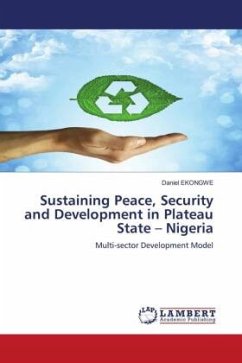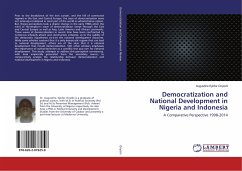
Democratization and National Development in Nigeria and Indonesia
A Comparative Perspective 1998-2014
Versandkostenfrei!
Versandfertig in 6-10 Tagen
46,99 €
inkl. MwSt.

PAYBACK Punkte
23 °P sammeln!
Prior to the breakdown of the iron curtain, and the fall of communist regimes in the East and Central Europe, the issue of democratization were not seriously considered in most part of the world as administrative option. But, theses perceptions took a drastic change in the early 1990s when the wind of Huntington's wave of democratization swept through the East and Central Europe as well as Asia, Latin America and African continents. These waves of democratization in recent time have been confronted by numerous scholarly attack and constructive criticisms, as to the validity of the democratic h...
Prior to the breakdown of the iron curtain, and the fall of communist regimes in the East and Central Europe, the issue of democratization were not seriously considered in most part of the world as administrative option. But, theses perceptions took a drastic change in the early 1990s when the wind of Huntington's wave of democratization swept through the East and Central Europe as well as Asia, Latin America and African continents. These waves of democratization in recent time have been confronted by numerous scholarly attack and constructive criticisms, as to the validity of the democratic hypotheses vis-à-vis the national development discourse. While some scholars contend that it is only democratic regime that can lead to national development, others are of the view that it is national development that herald democratization. Still, other scholars emphasize the importance of authoritarianism as a conditio sine qua non for national development. This study, attempts to address this perception controversy, with data empirically generated from the secondary source, to comparatively analyze the relationship between democratization and national development in Nigeria and Indonesia.





